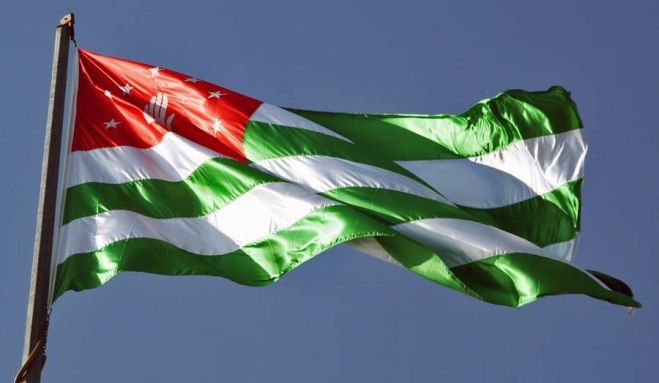The foreign policy options of a small unrecognised state: the case of Abkhazia, by Thomas Frear

Caucasus Survey
Vol.1, No.2, April 2014, 83-107
The study of international relations has historically focused on the activities of large, powerful states, dismissing the smaller entities of the international system as unimportant or merely objects of policy for the larger entities. This truism extends especially to those entities that exist in an unrecognised or partially recognised limbo, neither a full part of the international system nor an ungoverned space. Yet in the post-Cold War world, following the dissolution of large multi-national states such as the USSR, these entities have begun to proliferate. This proliferation provides a significant challenge to an international system in which the primary participants are states, and to the institutions created to oversee their interaction. Unrecognised entities, existing outside of this framework, represent a threat to the universal principle of sovereignty, that one true institutionalised aspect of international relations. As such the study of these entities and their interaction with the world outside their borders is a study important for a systemic understanding of contemporary international relations. This article aims to address the foreign policy of one such entity, Abkhazia.
Key words: Abkhazia, de facto states, small states, Russia, Georgia.
The article in PDF can be downloaded by clicking here (1.08 MB)
Source: Caucasus Survey